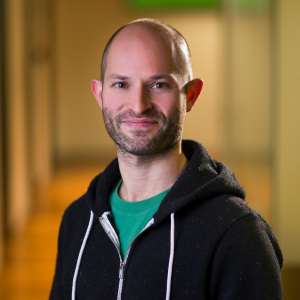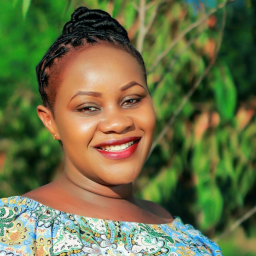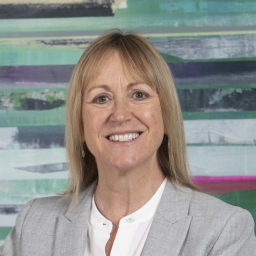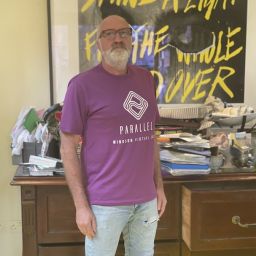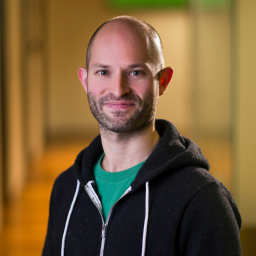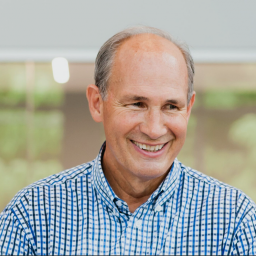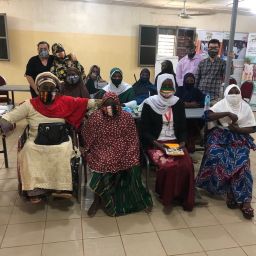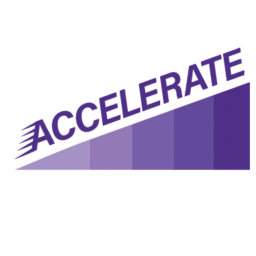Determination, innovation, resilience – these are just some of the key skills needed to become a thriving entrepreneur. And for lots of disabled people, these skills come naturally. Forced to adapt to a world that is not made for them, disabled people develop characteristics that are essential for business. So, when they take their perseverance and apply it to entrepreneurship, it’s often a magic formula for success.
Although they may have entrepreneurial skills in spades, for many disabled people, the decision to become self-employed is not a choice. In most developed countries, the unemployment rate for disabled people is at least twice that of non-disabled people. Of the 7.7 million disabled people of working age in the UK, 53.6% are currently in work, compared to 81.7% of those who are not disabled.
Taking control with self-employment
Given the obstacles facing disabled people in traditional employment, it’s hardly surprising that many are turning to entrepreneurship. In the UK, working disabled men are more likely to be self-employed (20.6%) than non-disabled men (17.5%). However, there’s currently no significant difference between disabled and non-disabled women, according to the Office for National Statistics.
Instead of waiting for society to change, disabled people are using their skills and resourcefulness to take control of their own careers. And although Covid-19 has impacted businesses globally, the resilience and flexibility of disabled people is undoubtedly helping many through this tough experience.
‘Society tends to overlook talent within the disabled community. Yet many ambitious people with disabilities have learnt to fight for financial independence. If you translate this into business terms, it’s easy to see why so many businesses run by disabled people are so successful – they have simply used their survival skills such as determination and perseverance – which were developed through sheer necessity – and used it to their advantage.’
Shane Bratby, Founder, MobilityBuy
There are plenty of disabled entrepreneurs who are living proof that self-employment is a viable option. Neil Barnfather MBE is a blind businessman from England. He’s an independent consultant, who has successfully founded 19 start-ups across numerous sectors.
In the arts sector, Nabil Shaban is a trailblazing disabled entrepreneur. The actor and activist co-founded Graeae – a theatre company known for putting out top-quality work, while also creating opportunities for disabled performers. Shaban has numerous film and TV credits to his name and published an anthology of his work in 2005.
Benefits of entrepreneurship for disabled people
Entrepreneurial skills are vital to success in today’s business world – and this is where disabled people shine. While interviewing disabled entrepreneurs, Australian researchers found that although they’d faced many barriers, these were offset by their impressive skills. Problem-solving, flexibility, creativity, humour, and the ability to stay calm under pressure were all common characteristics of the interviewees. Lots of them had pivoted their business plans while developing and improving their ideas.
The researchers also found that entrepreneurship brought significant benefits to the lives of those interviewed. Higher self-esteem, an improved lifestyle, and an expanded network of relationships came with setting up their own businesses. The entrepreneurs also shared the importance of being regarded for their inherent abilities.
‘People with disabilities tend to be some of the most creative, innovative and, quite frankly, most loyal employees. A person with a disability wakes up every day thinking about being innovative – that is a skill set. That ability to problem solve is innate to them. Our training programs quickly went from philanthropy to skill search.’
David Casey, VP, Workforce Strategies & Chief Diversity Officer CVS Health
A new era of opportunities for businesses
In a world that’s not built for inclusive access, disabled people continue to demonstrate their perseverance and dynamic attitudes to work. And although these characteristics serve disabled people well in entrepreneurship, they would also benefit existing businesses across all sectors. In their reluctance to employ disabled people, employers are losing out on a huge pool of talent who possess the skills that will fuel their organisations’ growth.
Rosemarie Garland-Thomson sums it up in this quote from ‘About Us: Essays from the Disability Series of the New York Times’:
‘We are expert users, lifehackers of situations into which we fit uneasily, transforming the work world with our presence and distinctive expertise.’
Rosemarie Garland-Thomson, Professor Emerita, English, Emory University
_____________
TO JOIN The Accelerate COMMUNITY, APPLY TO BECOME A MEMBER OF MEANINGFUL BUSINESS HERE


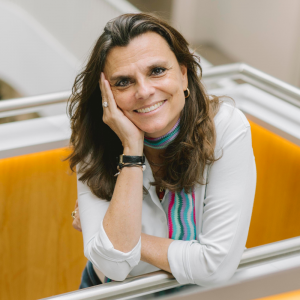
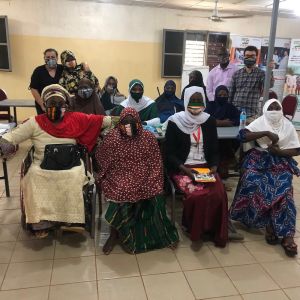
![Introducing Accelerate - Working Together for Disability Inclusion Accelerate_social_tile_1d[4]](https://meaningful.business/wp-content/uploads/2021/03/Accelerate_social_tile_1d4-300x300.png)
